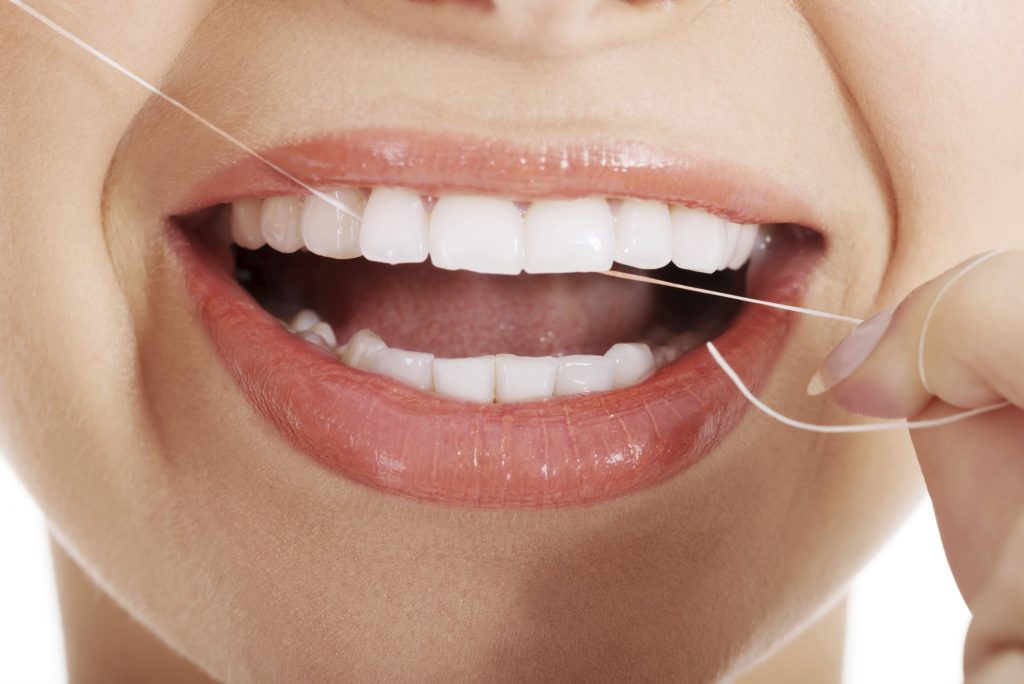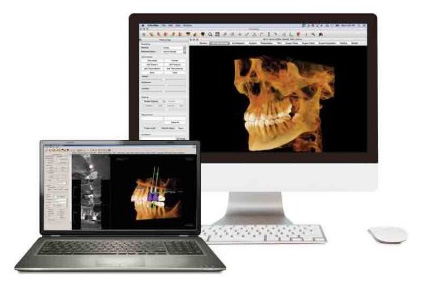
If you ask the average adult which part of their daily dental hygiene is their least favorite, chances are flossing will be at the top of the list. Not only did a survey conducted by the American Dental Association reveal that more adults would rather do something they find awful than floss, but it’s the frequency of times teeth are flossed is the biggest lie dentists hear on a day-to-day basis.
Flossing is merely the act of wrapping a piece of string around your teeth, one by one, in order to remove any bacteria and excess material stuck between each tooth. Fair enough, but we are also brushing our teeth to remove bacteria and excess debris – so, is it really that important? The answer is yes. And here are a few reasons why you may want to change your mind about flossing:
Better than brushing alone. A toothbrush works to removing plaque with its bristles. Brushing alone has one big drawback: A toothbrush’s bristles can’t adequately clean between the teeth or under the gums. That’s where floss comes in, to get in those tiny spaces between your teeth to get the grime out your toothbrush can’t reach.
Protects your gums. Where the gums and teeth meet are where flossing plays its major role. Particles of food can get lodged here, and plaque in this area will harden over time to form tartar, that your dentist will remove with a scraper. Tartar buildup can lead to gingivitis.
Helps prevent other diseases. Gum disease can have effects that go beyond discolored teeth, discomfort and bad breath. Research has shown that the bacteria in an unhealthy mouth can harm the rest of the body, leading to heart disease, diabetes and respiratory illness.
For more information about flossing, call Dr. Ladani in Schnecksville, PA at 610-799-0600 or visit www.extraordinarysmiles.net.
Dr. Sandip Ladani proudly serve patients from Schnecksville and all surrounding areas.


